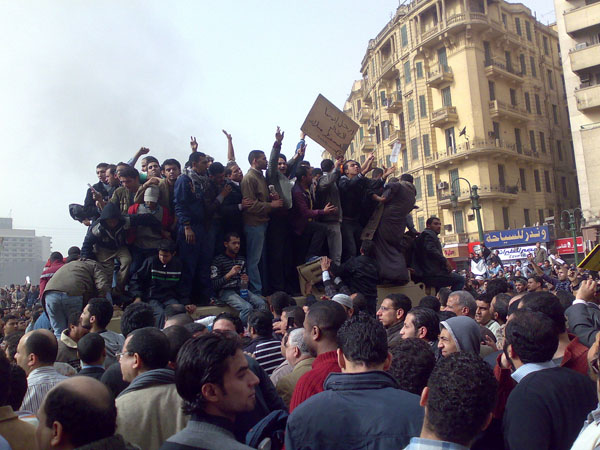C200: The Revolution Will Not Be Facebooked
We live in an era in which it is easy to telecommute from any sylvan spot, but our cities are more important than ever. America’s three largest metropolitan areas, with only thirteen percent of our population, collectively produce eighteen percent of national output. Cities continue to be so important because globalization and new technologies have increased the returns to being smart, and we are a social species that gets smart by being around smart people. Cities help make that happen.
Cities have long enabled chains of invention from Athenian philosophy to Ford’s Model Ts to Facebook. The skyscraper, for example, was collectively developed by a cadre of brilliant architects brought together by Chicago after a great fire. Urban innovation will help us meet the enormous challenges that our planet still faces, like developing world poverty and the risks associated with climate change. High density urban living can also reduce energy use and carbon emissions.
In 2011, the power of cities is most obvious in the Middle East, where urban uprisings have forced autocrats to abdicate. We don’t know what will happen in these countries, but these events reminds that even a Facebook Revolution takes a city to succeed.
>>>
Edward Glaeser is a professor of economics at Harvard University and a senior fellow of the Manhattan Institute. He is the author of, most recently, The Triumph of the City.


